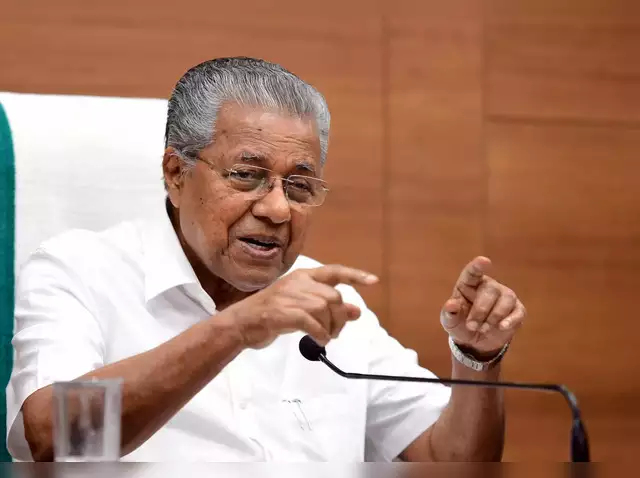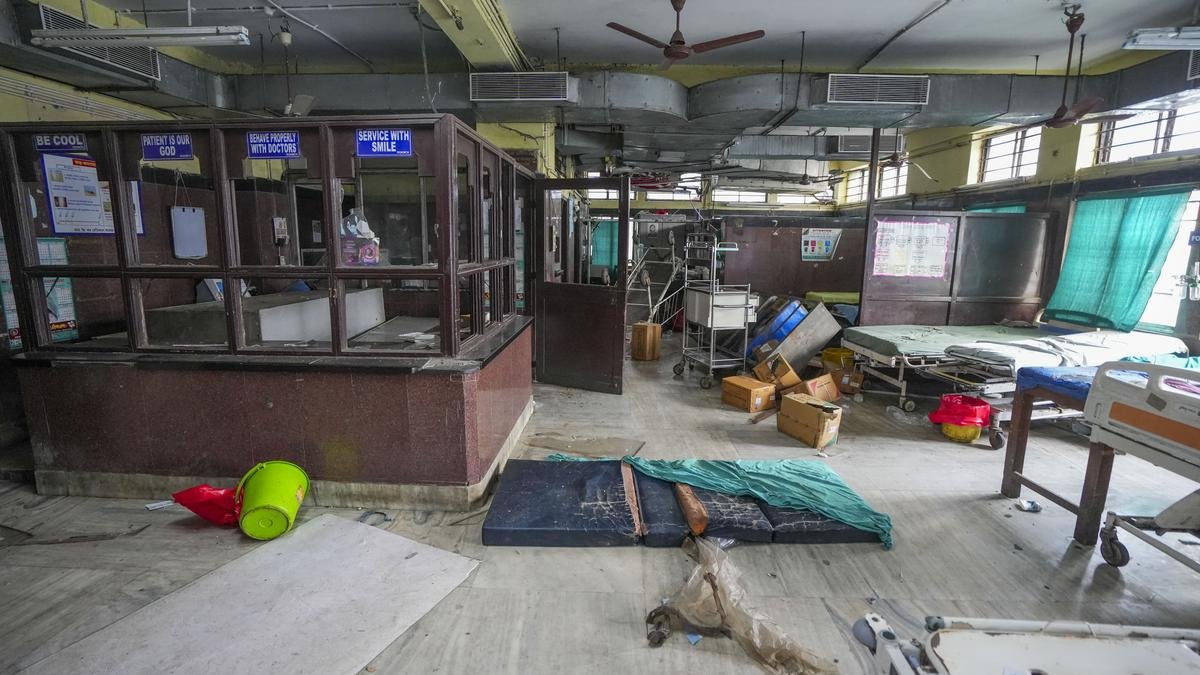Previously, it was mandatory for counsel or parties to submit a written or email request at least one day in advance to appear via video conference. However, this requirement has now been eliminated. The Delhi High Court has issued an office order instructing district courts in the capital city to allow hybrid hearings for pending cases.
This means that litigants and counsel can now participate in court proceedings either through video conferencing or by physically being present without the need for prior notice.
The office order emphasizes that the hearings will be conducted in accordance with the High Court of Delhi Rules for Video Conferencing for Courts, 2021, and the High Court of Delhi Rules for Live Streaming and Recording of Court Proceedings, 2022.
A representative from the Delhi High Court highlighted that these changes remove geographical limitations for court appearances, enabling counsel and parties to participate from anywhere in the world.
The office order also specifies that in certain types of cases, such as matrimonial matters, sexual offense cases, gender-based violence against women, and cases registered under the Protection of Children from Sexual Offenses (POCS) Act of 2012 and the Juvenile Justice (Care and Protection of Children) Act of 2015, only the parties and their counsel should have digital access to and participation in the proceedings.
Additionally, proceedings related to the Medical Termination of Pregnancy Act of 1971, in-camera proceedings, recordings, and evidence, including cross-examination, will not be accessible to the public.
Moreover, participation of unrelated parties will not be allowed in cases where the court determines that it would undermine the administration of justice or potentially lead to a breach of law and order, especially those cases likely to provoke enmity between communities. However, if third parties are permitted in such cases, the court must document the reasons for their involvement.
The office order further states that the court may direct the parties and/or their counsel to physically appear in court, if it deems it necessary or if the court believes that the matter should be heard in person, with the reasons for such a decision being recorded in writing.



